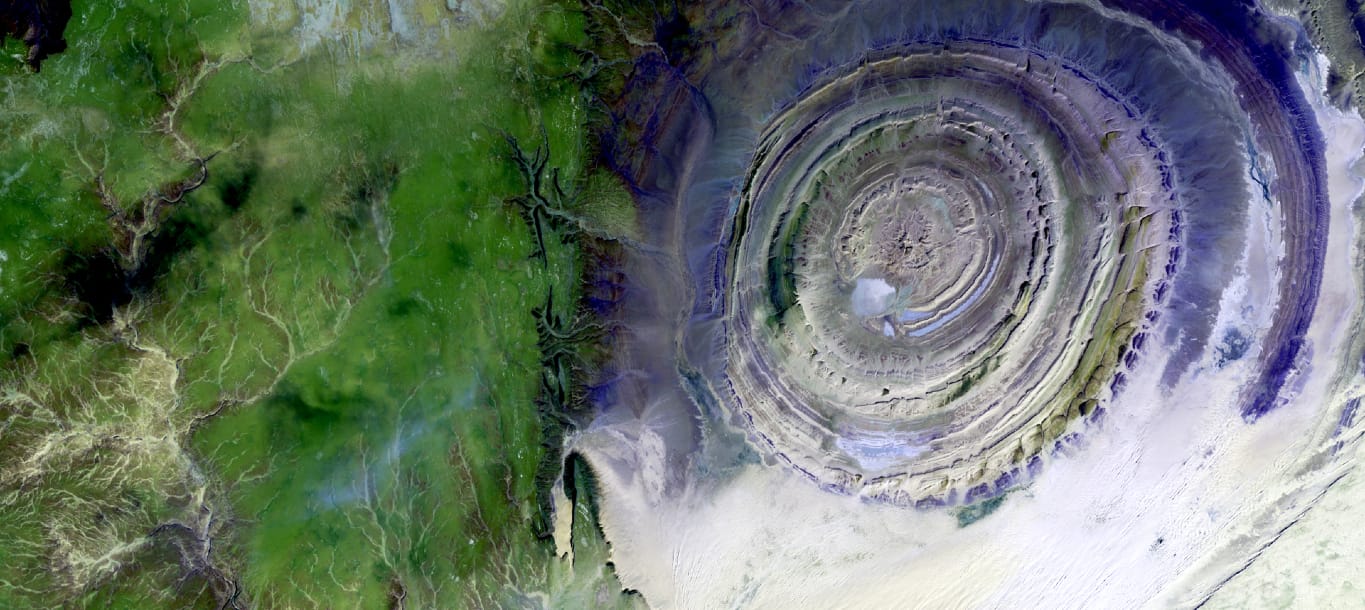What is a climate scientist?
A climate scientist (also known as a climatologist) studies changes in the Earth’s climate over time, so we can understand what might happen in the future. Their work is similar to meteorologists in the sense that they both study weather patterns. However, climate scientists study over a much longer timescale, looking at trends over months, years or even centuries, allowing us to predict future changes in the climate. This will allow us to prepare for the impacts of climate change, and enact legislation aimed at protecting the planet.
What are the typical responsibilities of a climate scientist?
Day-to-day responsibilities typically include: analysing data from the land, air and sea, designing computer models to simulate the impacts of climate change, studying past climates to understand what might happen in the future, monitor ice, sea levels and changes in temperature, and investigating ways to combat climate change. The research conducted by climate scientists is often used to advise policy makers, and influence government legislation.
What skills do I need to be a successful climate scientist?
To be a successful climate scientist, you’ll need a good understanding of maths, geography and physics, as well as general science skills. You’ll also need good IT skills. Climate scientists use computer models to simulate the impacts of climate change, so you’ll need a good understanding of computer operating systems, to handle the main software packages with confidence. You’ll also need soft skills such as verbal communication, team-working, and attention to detail.
How can I become a climate scientist?
To become a climate scientist, you’ll need an apprenticeship or degree in a related field. For example, you could complete an environmental practitioner degree apprenticeship, or a degree in geography. A postgraduate qualification isn’t necessary, but can be useful for choosing a speciality or demonstrating your interest in the field.
Who employs climate scientists?
As a climate scientist, you can seek employment from a variety of organisations. For instance, national and local governments may seek your expertise, to help inform legislation and policies. Or, you could become a lecturer at a university. This will allow you to influence the next generation of climate scientists, while having the opportunity to pursue your own research interests. Other employers include: wildlife conservation groups, environmental agencies, and environmental consultants.
